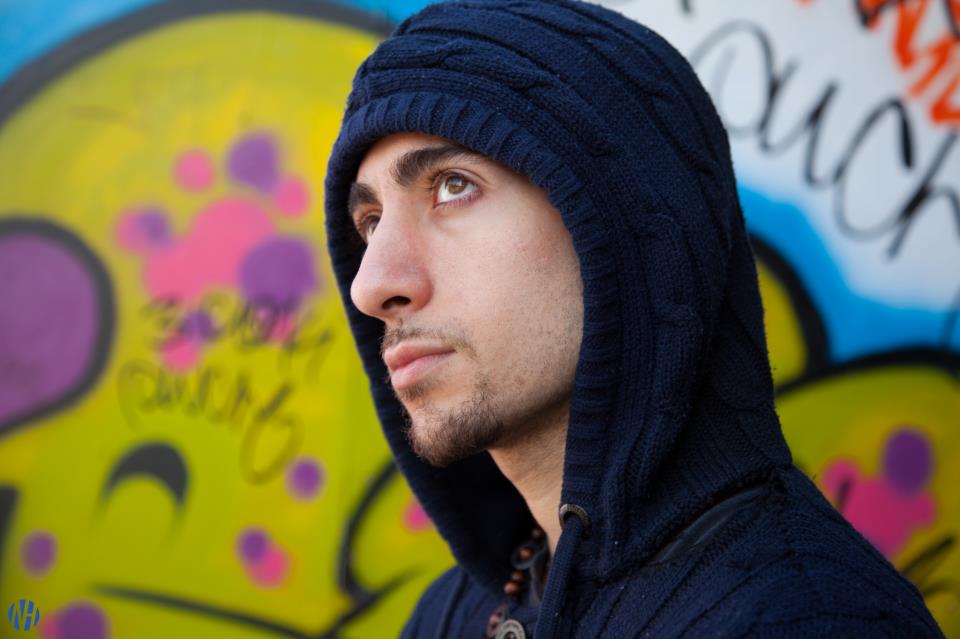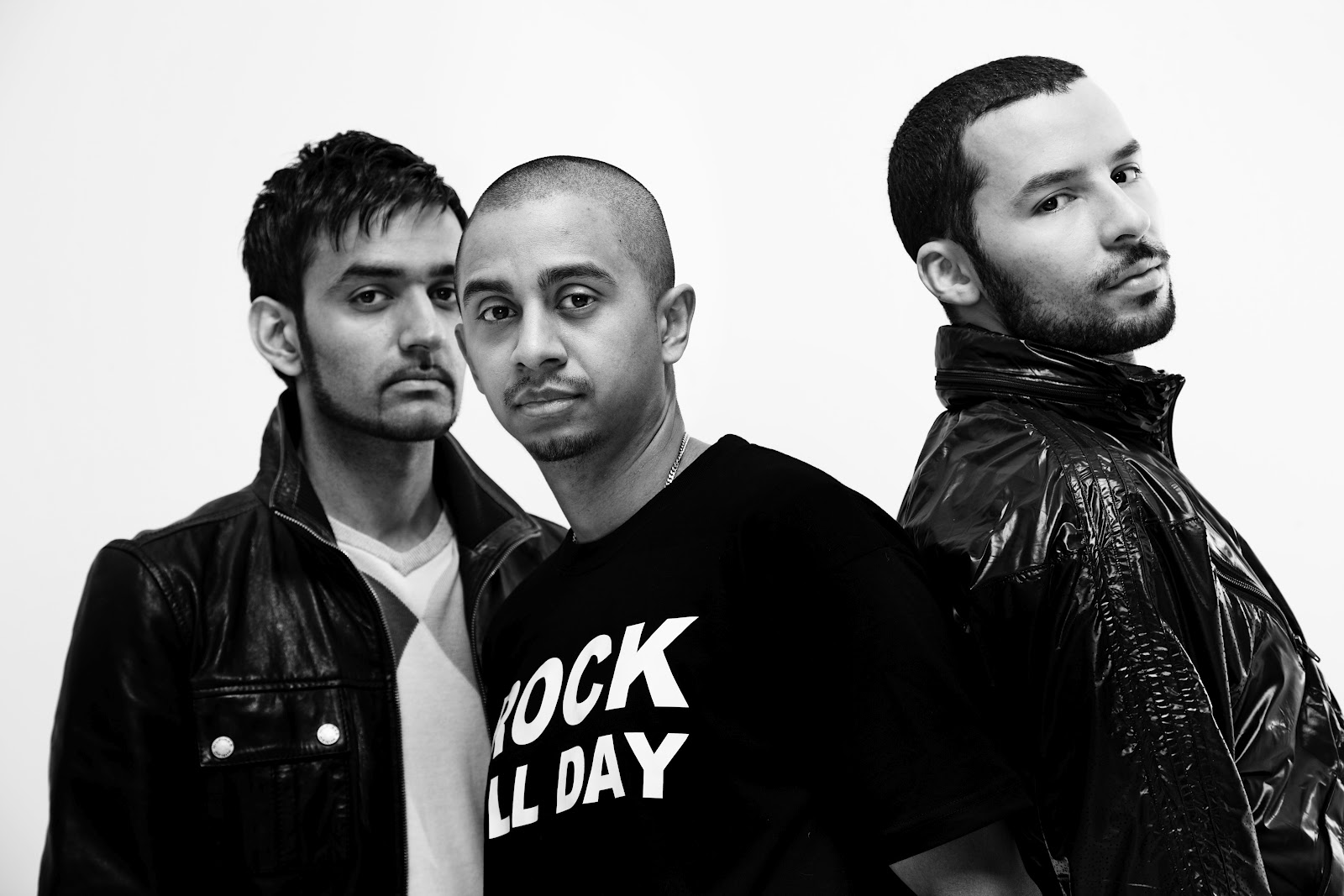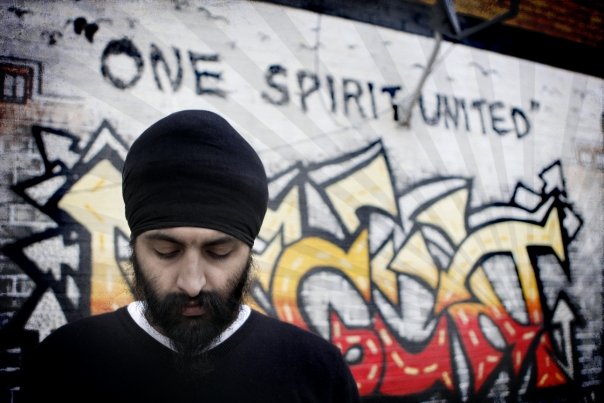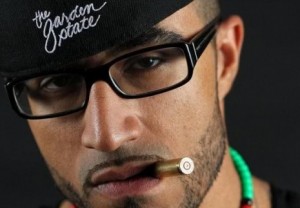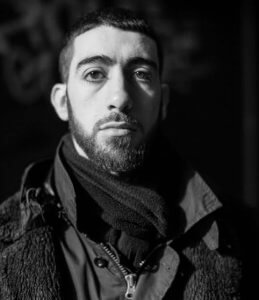 Why is it important to you to serve as the bridge between the elitist politicos and the average, perhaps misinformed, citizen?
Why is it important to you to serve as the bridge between the elitist politicos and the average, perhaps misinformed, citizen?
To serve as a bridge between the political and working classes suggests that there is great distance between the two, which of course there is. This is worrying given that we live in a supposed representative democracy where we lend our power to politicians to act on our behalf, in our best interests. Politicians often tell us that “we are all in this together”. But these are empty words when every day millions of normal people wake up to face the violent effects of choices made and upheld by a political class who will never have to suffer the consequences of their decisions. In this anti-gravity society where the trickle down only ever flows up, it seems to me that we are experiencing what can only be described as political and economic warfare. But as they say “They only call it class war when we fight back”. So why aren’t we fighting back?
Well, quite simply, many of us don’t realise we’re being attacked. People work overtime on their overtime and often don’t have the energy or time to address anything beyond immediate survival for themselves and their family. Working people can’t usually afford the luxury of academia. They don’t have the time to read about Marxism or housing legislation or planning policy, for example. And those who do often find they are greeted by politically elitist language that they were never taught. If people don’t understand who/what is attacking them, then they can’t and won’t defend themselves.
I use Spoken Word to break down key socio-political issues in a way that I hope is engaging, informative and entertaining. I use normal/everyday language to dismantle and offer radical solutions to key issues which are typically misrepresented by the media. The aim of my work is to make important information accessible by translating it through rhyme and delivering it in a way that people want to listen to.
Imagine there was a lion that you could not see, about to attack you. Imagine that a friend shouts to warn you, but speaks in a language foreign to you. You don’t understand their warning and you get eaten. Academics are that well-meaning friend. Consider me your translator.
“Brixton First” is a beautiful and all too relatable example of real-time story-telling. In simple terms, how do you think we can preserve the sense of our communities in the face of political redevelopment/regeneration?
I once heard a Palestinian theatre-maker reflect on the different types of battles they face there. On one hand — he said — there is the physical battle in the need to protect their bodies. But then there is the cultural battle to defend and preserve their identity as a people. He was deeply conflicted on what he should do/how best to resist. Ultimately he concluded that the preservation of their identity as Palestinians was equally — if not more — important than the preservation of their bodies. That theatre is in its own way a weapon, as necessary and effective as any other.
When we talk about communities being attacked in London, we usually refer to tangible spaces: homes, shops, venues, parks etc. But a community’s identity is defined not only by physical spaces and structures but by the people, cultures and values that inhabit them. Ultimately we need to organise to defend our spaces, but to protect our communities also means protecting our identity. Art can help to serve that purpose. Art creates its own independent space which can facilitate the maintenance of traditions, the preservation of languages and familiarity with any one shared story/identity.
In the face of Grenfell Britain, in order to replace broken systems that don’t serve the greater good, what do you think a revolution would look like?
It seems to me that revolution is subjective — it means something different to everyone. I know good people who are anarchists, working actively towards a complete demolition of the current political system. They term themselves as revolutionaries. I know good people in mainstream politics, working within the system in an attempt to dramatically reform it. They term themselves as revolutionaries too. Ultimately, I guess when we talk about revolution what we all refer to is real, meaningful change. Personally I don’t think the system was designed to be able to facilitate its own reform and therefore my personal approach to change is not in appealing to parliament but physically organising in communities and making people feel as powerful as they truly are.
Once people feel powerful they will look to assert their power through collective action. This could look like a protest or direct action. Or, they may instead choose to take collective inaction or “inactivism”. An inaction could look like a boycott or a general strike, which I would argue is more effective than an action and requires less physical confrontation. If masses of people refused to go to work, for example, they would physically stop the country from running. Likewise, if masses of people refused to pay their taxes, purchase a particular project or use a particular service; the financial implications of their inaction would be damaging to the point of the target being unable to continue to operate. It just takes clear communication and a unified approach.
But ultimately, whatever it may come to look like, revolution surely must not only be achieved but maintained. It must be longer lasting than any one event, riot or in/action. There must be a change in our collective consciousness. The reintroduction of love and compassion in our daily lives. An inter-generational re-instillation of a feeling of interconnectedness. I think revolution is a process that is not necessarily achieved through a big action but by the accumulation of small ones. It’s the everyday nod and smile to your neighbours on your way to work. It’s a conversation with the elderly person you see sitting alone. It’s the showing of disapproval if you hear a family member make a racist remark. It’s offering someone random words of kindness. It’s not laughing when a colleague makes a joke about Trans people. It’s engaging positively with the homeless person who approaches you publicly. It’s standing with someone, even silently, if they are receiving abuse on the street. These things, in my eyes, are the revolution.
Review “The Rhyming Guide to Grenfell Britain” Launch Event (20/04/18)

The Grenfell Tower
On the 14th of June 2017, a fire in a residential block of flats claimed numerous lives.
On the 14th of June 2017, the neighbourhood surrounding the tower witnessed a traumatic scene of chaos and death.
On the 14th of June 2017, a wide community came together to provide help, support and love to those affected by the fire.
These are the facts. There are many conversations surrounding Grenfell, as there should be. At the heart of it, I feel we would do well to remember that the families and friends of numerous souls are grieving today because none of us have the ability to bring back the dead. Even if that is all we really want.
Potent Whisper (PW)
Potent Whisper is one of the many artists and story-tellers who are shining a light into the darkness. He is doing exactly what beautiful and empathic humans do best; he is educating others by using his self-expression and creative energy to reflect the on-going narrative around the times that we live in today and surrounding a tragic event.
“The Rhyming Guide to Grenfell Britain” is dedicated to the lives lost in the fire of Grenfell Tower. The book is a deep and critical analysis of a system that is in cut-and-run mode. This launch event was a platform for real stories being lived by real people. The speakers all addressed their respective areas of passion and the troubles they face under a government that shows no interest in supporting those of us who may need it.
“Estate of War” opened the evening’s proceedings. PW prophesises;
“You’d better fight for us or you’ll be redeveloped next
And then we’ll all be redeveloped til we’re redeveloped dead”
The thought of these communities being repackaged by the powers that be is saddening and an all-too-familiar story. He is right to say that if we don’t stand against this now, who will stand for us when it’s our home or community? It was the best way to open the evening and show the crowd what we were in for.
“The Rhyming Guide to NHS Privatisation”.
PW puts the ongoing privatisation of our NHS under the microscope. In simple but stark terms, he makes it clear that we’re facing a shift that could mean the end of free healthcare for the majority of our population. “They demonise your doctors, over-work your nurses, under-fund your hospitals and over-burn the service.” Alluding to the media coverage, he sees and understands that the demonization of our health service is being used as the justification for cuts and privatisation by our government.
The guest speaker in this segment was Dr. Bob Gill, a family doctor and NHS campaigner. His talk was clear and concise. NHS has the resources of land, budgets and data; all of which face commercial exploitation from the business minds looking to privatise. The Dr. also made it clear that the transition to private health care would involve the introduction of personal health budgets first; from which the sickest 10% would reap no benefit. Once general healthcare is under personal health budgets; the plug can be pulled and the installation of the private healthcare system commences. In case you’re wondering why this sounds familiar, it is basic divide and conquer.
It is clear, and history has shown, that these things don’t happen overnight. The gradual changes that occur under the surface will only become apparent once it is too late. The majority of our nation is still unaware of the privatisation of our prison system. People may wonder why that even matters, but if crime is the business of the prison system, only the perpetuation of it will make money, which means it is only in the interests of those involved to increase crime. Make no mistake; the privatisation of our services means our children, our homes and our communities are at risk.
“The Rhyming Guide to Austerity”
“Ultimately, there’s just one thing you need to know
You gotta spend money to make money
And that’s why Britain’s broke”
In “The Rhyming Guide to Austerity”, PW explores the Global Financial Crisis and the ways in which it effectively fucked us over. There’s no nicer way to put that. We were screwed by the very people who we believe are supposed to be serving our best interests. Also included was a clear and straight breakdown of all the cuts and shut-downs this government decided to induce after bailing out the banks.
The follow-up speakers from DPAC (Disabled People Against Cuts) were Paula Peters and Keith Walker. Here to replace means-tested benefits are the Universal Credit adjustments, which affect up to eight million people. This means many people will face reduced financial support. Our Government is guilty for their actions against some of our most vulnerable people; the disabled and the homeless. Paula made the valid point that change happens on the streets first; and she implores people to join them in their protests.
“The Rhyming Guide to Grenfell Britain”
The fire of Grenfell Tower is the latest in tragic manifestations after years of cuts and scrapes inflicted by our government.
“It wasn’t just Grenfell that suffered mass victims
Every single day we’re seeing Grenfell killings
We’re suffering corruption in a Grenfell system
This isn’t Great Britain, this is Grenfell Britain”
This poem speaks for itself. It breaks down the entire disaster surrounding Grenfell and all the very many things that could and should have been done to prevent the fire from ever happening. The most enraging thing I learned on this evening was that the residents who raised concerns surrounding fire safety were threatened with legal action. For raising concerns about their own safety. I’ll say that again. The residents who raised concerns about their own safety were threatened for raising concerns about their own safety.
Zeyad Cred was also present; one of the organisers of the Grenfell Silent Walk which takes place on the 14th of every month in honour of the victims. The marches have expanded to cities across the UK and will hopefully see a continued expansion in the effort to make it clear that we’re not about to forget about the governments’ complete lack of concern for the residents of that tower, and the residents of most estates and inner city communities. Grenfell Tower is now forever a symbol; but I believe the residents would have preferred to have just been able to call it home.
Potent Whisper’s book “The Rhyming Guide to Grenfell Britain” is the epitome of labelling what is wrong with our country. Potent Whisper neatly weaves the contributing factors together to build a clear and hard-hitting book which is both informative and beautifully emotive.
This book is a reality-check and a call to action.
Above all… the book is a road-map to revolution.
Order your copy of the book:
http://dogsection.org/press/grenfell-britain/
Aisha
Latest posts by Aisha (see all)
- INTERVIEW | 47SOUL INTRODUCE US TO THE SOUNDS OF ELECTRO ARABIC DABKE — October 18, 2019
- INTERVIEW | ASIM QURESHI — AUTHOR OF “A VIRTUE OF DISOBEDIENCE” & DR. LAYLA HADJ – MANAGING DIRECTOR OF CAGE — February 19, 2019
- REVIEW | “A VIRTUE OF DISOBEDIENCE”: MUSLIMS IN TODAY’S SOCIETY — February 19, 2019


